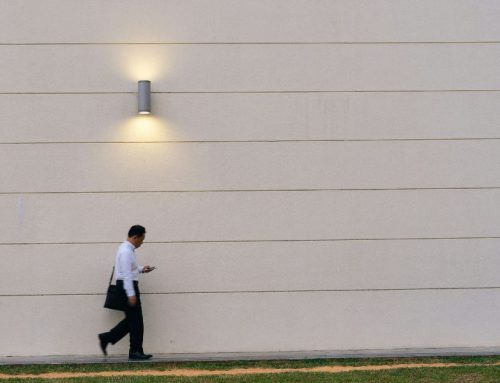Payment for shares can be in cash or non-cash consideration. As shares are issued to raise capital for the company, the company usually has remedies in its constitution. If we refer to the Model Constitution, the company has the various remedies on shares that are not paid up:
- It has a lien on the shares
- It can forfeit the shares from the shareholder
- It can get the shareholder to surrender the shares
If the shares are to be paid using non-cash consideration, the directors of the company must ensure that they are able to justify that the non-cash consideration for the allotment and issue of shares is justified.
For example, the company may accept equity or bonds as payment for shares. The directors must be able to justify that the payment matches the value of the shares allotted.
Once a call on shares is made, the shareholder has to pay up the shares which are not paid in full upon subscription. The company has to receive the payment of the monies for the shares if not it can proceed on the various remedies on shares that are not paid up.
When in doubt, seek legal advice or consult an experienced ACRA Filing Agent.
Yours Sincerely,
The editorial team at Singapore Secretary Services
For more useful articles and videos, visit the Singapore Secretary Services resource page.
Related articles:
Singapore Company Shares and Share Classes
How to transfer or sell shares of a Private Company
How to issue shares or increase the share capital of a company?







Leave A Comment